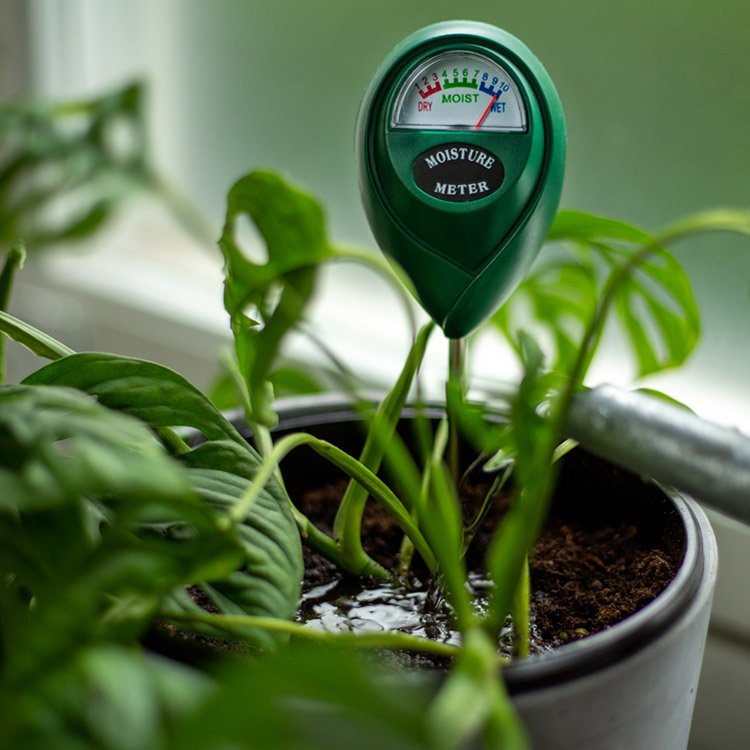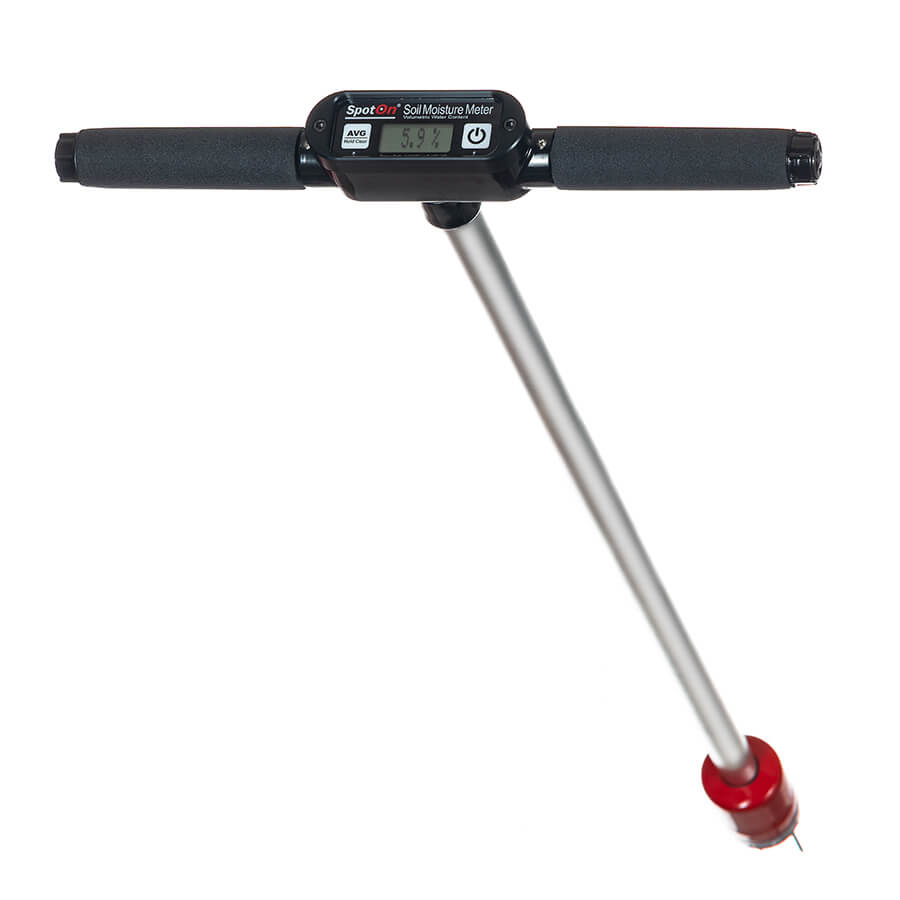The Ultimate Guide to Moisture Meters: A Comprehensive Review and Exactly How They Can Save You Cash
In the realm of structure upkeep, building and construction, and different industries, the importance of properly measuring dampness levels can not be overstated. Wetness meters act as essential devices in spotting and monitoring moisture material in materials, helping in avoiding pricey damages and making certain the high quality of products. Understanding the nuances of different sorts of wetness meters, their applications, and the prospective cost-saving advantages they provide can be a game-changer for experts and organizations alike. Finding just how these devices can not just improve processes however additionally add to financial cost savings is a trip worth starting.
Types of Wetness Meters
Different sorts of dampness meters are available for different applications in different markets. One typical kind is the pin-type dampness meter, which determines the electric resistance in between 2 pins put right into a product. This kind is ideal for timber, drywall, and other structure products. Pinless dampness meters, on the other hand, use electro-magnetic sensing unit plates to check a bigger location without creating damage to the product's surface. Moisture Meter. These meters are ideal for rapidly evaluating wetness degrees in big locations such as floorings and wall surfaces.

Furthermore, there are additionally specialty moisture meters made for particular materials like hay, grain, or dirt. These meters provide exact wetness readings customized to the one-of-a-kind residential properties of the material being checked. Infrared wetness meters measure the thermal residential or commercial properties of a product to determine its wetness web content non-invasively, making them useful for applications where pin or pinless meters may not appropriate. Understanding the different sorts of moisture meters offered can aid sectors select one of the most suitable device for their particular wetness measurement demands.

Advantages of Making Use Of Wetness Meters
Wetness meters supply indispensable benefits in properly keeping track of and examining dampness levels in diverse products and environments (Moisture Meter). One of the main advantages of making use of moisture meters is the prevention of prospective damages triggered by excess dampness. By finding and dealing with high dampness degrees beforehand, wetness meters help to avoid mold and mildew development, rot, and architectural damages in structures, conserving both time and money on repair work. Furthermore, wetness meters aid in making sure the quality of materials during construction or manufacturing processes. By accurately measuring wetness material, these tools aid maintain the integrity of wood, drywall, concrete, and other products, decreasing the danger of failings or problems.
Moreover, making use of dampness meters can lead to increased power performance. In agricultural setups, dampness meters play a vital role in optimizing plant returns by enabling farmers to keep an eye on dirt moisture degrees and make educated irrigation choices.
How to Choose the Right Wetness Meter
When picking a moisture meter, it's vital to make sure that the meter is appropriate for the certain material you will certainly be screening. Various materials have varying electric properties that can influence wetness readings, so choosing a meter developed for your you can look here material is critical for exact outcomes. By very carefully assessing these factors, you can select a dampness meter that meets your requirements and offers accurate moisture measurements for your jobs.
Proper Techniques for Dampness Meter Usage

Price Financial Savings Via Wetness Meter Applications
Exactly how can the tactical utilization of wetness meters lead to significant price savings throughout various sectors? In the agriculture market, moisture meters help in identifying the optimal time for gathering crops, preventing excess or over-drying moisture that can influence the final item's top quality.
Likewise, in building and construction, wetness meters aid stop pricey damages by detecting wetness degrees in building materials, such as timber or concrete, which can lead to architectural issues if not resolved promptly. By determining trouble areas at an early stage, service providers can take rehabilitative actions to prevent extensive repair work or substitutes, inevitably saving money and time.
Additionally, in the food handling industry, moisture meters are necessary for checking product quality and guaranteeing conformity with safety and security guidelines. By properly measuring moisture content in food, makers can stop perishing, keep quality, and reduce waste, resulting in considerable expense savings. In general, the calculated application of wetness meters is a useful financial investment that can bring about significant price decreases and boosted effectiveness throughout different markets.
Final Thought
In final thought, moisture meters are beneficial tools for determining and spotting moisture levels in various products. By utilizing the right wetness meter and following correct strategies, individuals can effectively stop expensive problems triggered by excess wetness.
Wetness meters offer as vital tools in finding and keeping track of moisture web content helpful site in materials, helping in protecting against costly damages and making certain the quality of items. Infrared dampness meters measure the thermal residential or commercial properties of a product to establish its moisture web content non-invasively, making them helpful for applications where pin or pinless meters might not be ideal.Moisture meters provide very useful advantages in precisely keeping track of and examining wetness levels in varied materials and atmospheres. In agricultural setups, moisture meters play a crucial function in enhancing plant returns by making it possible for farmers to monitor soil moisture levels and make informed irrigation choices.In verdict, moisture meters are important tools for gauging and discovering dampness degrees in various materials.